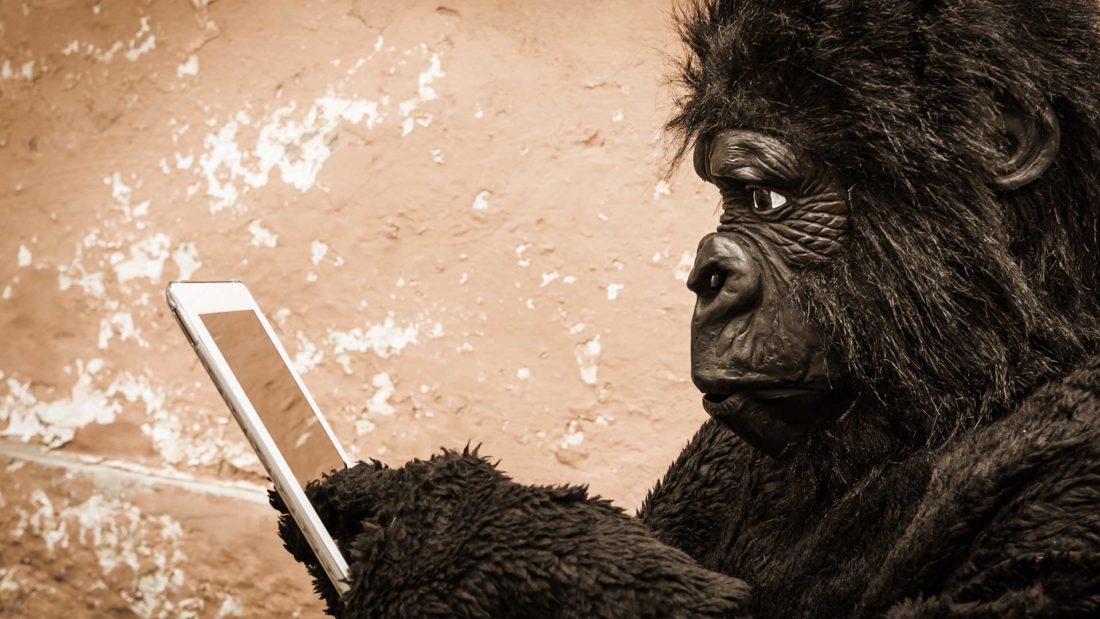Harmony, in other words. One dictionary definition of “adaptation” is “a trait which allows the organisms that have this trait and have succeeded through natural selection to be more evolutionarily adaptive.(1)A magic word for a living thing to sustain its existence. The explanation continues as follows: “Adaptation is the evolutionary process whereby a population becomes better suited to its habitat. If a population cannot move or change sufficiently to preserve its long-term viability, then obviously, it will become extinct, at least in that locale.
According to Jean Piaget (1896-1980), a Swiss Biologist and Professor of Child Psychology, intelligence is a form of adaptation, wherein knowledge is constructed by each individual through the two complementary processes of assimilation and accommodation.(2)Piaget emphasises the dialectic relationship between assimilation and accommodation while defining adaptation as the incorporation of the awareness relating to the outer world. “Intelligence is assimilation to the extent that it incorporates all the given data of experience within its framework… Assimilation can never be pure because by incorporating new elements into its earlier schemata the intelligence constantly modifies the latter in order to adjust them to new elements.”
If we are to elucidate Piaget’s above-quoted comments, which seem to be a little complicated, we should be able to define assimilation as blending new information with our past data of experience without making any alterations to it. During the accommodation process on the other hand, we have to alter our past knowledge in order to incorporate new information into our system of thought and harmonise what we already know with the new information.
If assimilation is fitting practice to theory then accommodation is fitting theory to practice.(3) The studies conducted on this subject have shown that in children, the processes of assimilation and accommodation pose similar difficulties whereas, with the aged, the situation is different. Whereas aging does not cause any problems for the process of assimilation, the process of adaptation to what is new –accommodation- becomes more challenging with age.
The process of specialisation on finance that an individual who has been trained in the field of economics goes through using their economic background may be given as an example of assimilation. However, the desire of an individual with a marketing background (which is a branch of social sciences) to specialise on finance would require an extensive process of accommodation.
Adaptation implies change and it is a two-way process involving both the individual and the environment. Not only are people affected by their environments, but environments are also affected by people in their process of adaptation. Coping is a form of adaptation that implies a struggle to overcome problems. Although adaptation may involve responses to new conditions that are either positive or negative, coping refers to the way people deal with the negative experiences they encounter.(4)Some examples of coping strategies may include the following: acquiring information which meets our needs, planning for the future, controlling emotions, identifying alternative ways to solve a specific problem, increasing the capacity for resistance or building a social network.
Wouldn’t you agree that it is intelligence that renders all these strategies useable and help us to cope with problems?
I have been asking the following question to myself in the majority of the situations I encountered since I have started doing research on adaptation and intelligence: will my adaptation to this situation require a process or assimilation or a process of accommodation?
The number of times I have had to go through a process of accommodation in relation to various situations I have encountered recently has greatly outnumbered the times when I have gone through a process of assimilation. This is what I find really unsettling: are the processes of accommodation I have to go through in order to adapt to situations that in no way suit my past experience, understanding of ethics and way of thinking, just simple cases of assimilation for others?
Or is it that the unease caused by failure to adapt due to negative influences leads to a “shrugging-off” or “self-indulgence”, both of which are different ways of “coping”? Is it that while I choose to go through a process of accommodation, others deem negative circumstances unmanageable and choose to “ignore” them?
Like the inhabitants of Lilliput and Blefuscu, spooning the delicious cake served for us, how do we react to its changing taste in times when the problem of otherisation has become a significantly established one in our society? Do we close our eyes, hold our nose and try to swallow the cake; do we eat it with mineral water for better digestion; do we give the impression that we eat it with pleasure whatever the circumstances may be; do we refuse to eat the cake and be disqualified or do we say “I am going to eat this cake but only if I am the one who gets to put the cream on top of it”?
These indubitably are all different methods of coping. Of course, it all depends on whether you perceive the cake as an “opportunity” or as a “threat”.
It is possible to use intelligence for adaptation in many other ways than I have thought of and presented above. My preference is to use intelligence and the creative capacity to convert some negative situations to positive ones, rather than to use them for a temporary adaptation accompanied by a shrug-off approach.
The main question here is whether to have to incorporate intelligence through accommodation, under circumstances we deem unfavourable, or to struggle to convert these circumstances into positive ones for the purpose of coping. I believe that one trait that renders intelligence unique is the ability to evaluate the circumstances in full awareness of this question, and when necessary manage to find the right way out without subordination.
Isn’t this what makes a human a human?
———————————–
(1) http://en.wikipedia.org/wiki/Adaptation
(2) http://www.indiana.edu/~intell/piaget.shtml
(3) http://www.learningandteaching.info/learning/assimacc.htm
(4) Understanding Human Behaviour & The Social Environment, Charles Zastrow, Karen K. Kirst-Ashman, P.29
Email: icoskun@mazarsdenge.com.tr
Website: www.mazarsdenge.com.tr

No Comment